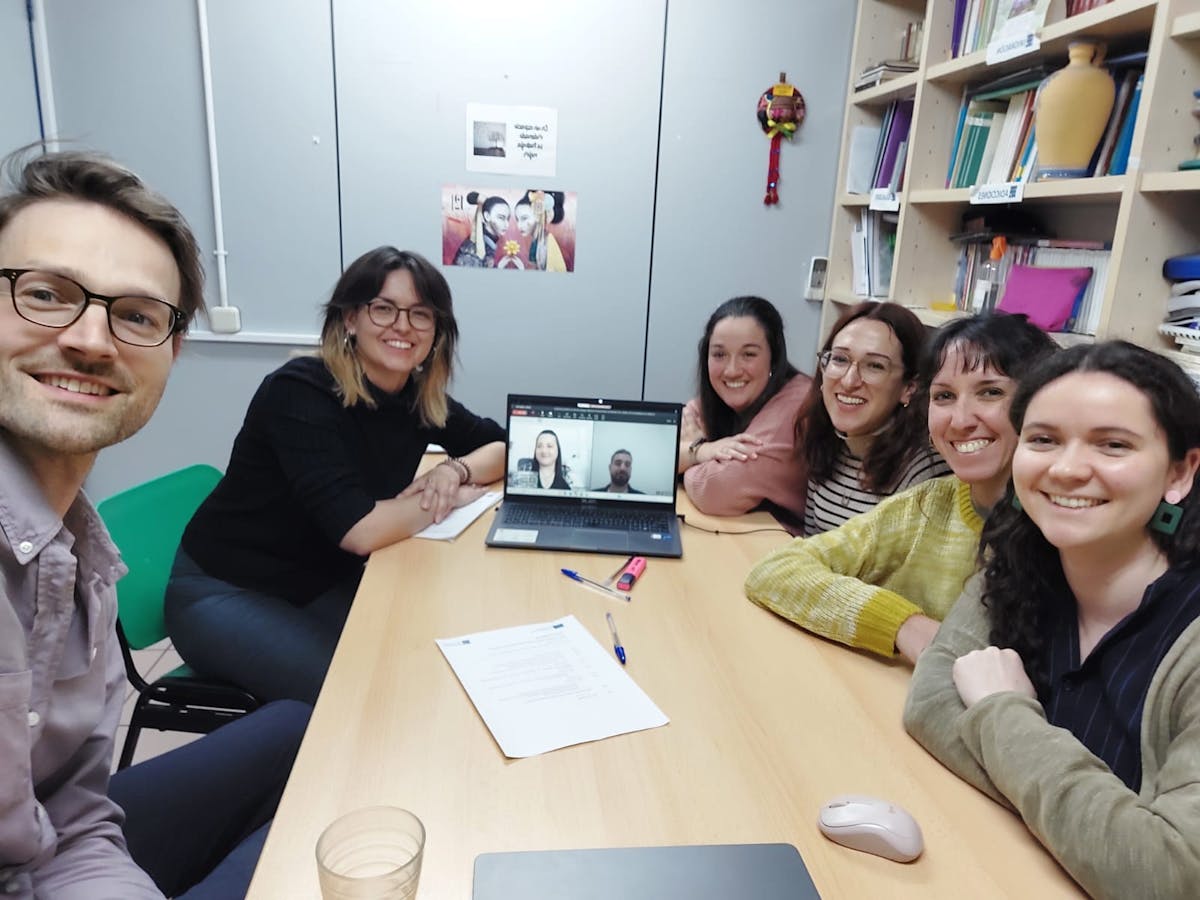EU Projects: Artificial Intelligence Training for Employment Counselors
With the latest developments of artificial intelligence (AI) in our world, many sectors such as education and employment have started adopting it to upscale and make their processes more efficient. However, less attention is paid towards the use of AI in non-profit sectors, especially with organizations who aim to help everyone so no one is left behind in a fast-developing world. As a company with extensive experience in working with AI and non-profit organizations in the employment sector, SkillLab saw the urgent need of empowering non-profit actors in adopting AI tools for their work.
Motivated by this need, SkillLab teamed up with Asociación Progestión from Spain to launch a small-scale joint project. AITEC, an abbreviation for Artificial Intelligence Training for Employment Counselors, will run until September 2025 with funding from Erasmus+. In the upcoming 18 months, SkillLab and Asociación Progestión will take a close look at employment counselors’ work processes and pain points, especially in the non-profit sector. AITEC’s main goal is to provide a wiki for employment counselors and their organizations, offering a mapping of their daily work processes, an introduction to AI, an overview of different types of AI-based tools that can assist them in their work, as well as an assessment framework to enable them to choose the right tools for their specific needs.

From 24 - 25 April 2024, one of our co-founder, Christoph Bretgeld, and our EU project manager, Sylvana Hiltrop attended the AITEC kick-off meeting. Hosted by our project partner in their office in Madrid, they talked about all activities, work packages, and the timeline. Conversations with some of the employment counselors from different offices of Asociación Progestión also took place on the same days.
Follow AITEC's LinkedIn to stay updated on our progress.

Funded by the European Union. Views and opinions expressed are however those of the author(s) only and do not necessarily reflect those of the European Union or the European Education and Culture Executive Agency (EACEA). Neither the European Union nor EACEA can be held responsible for them.